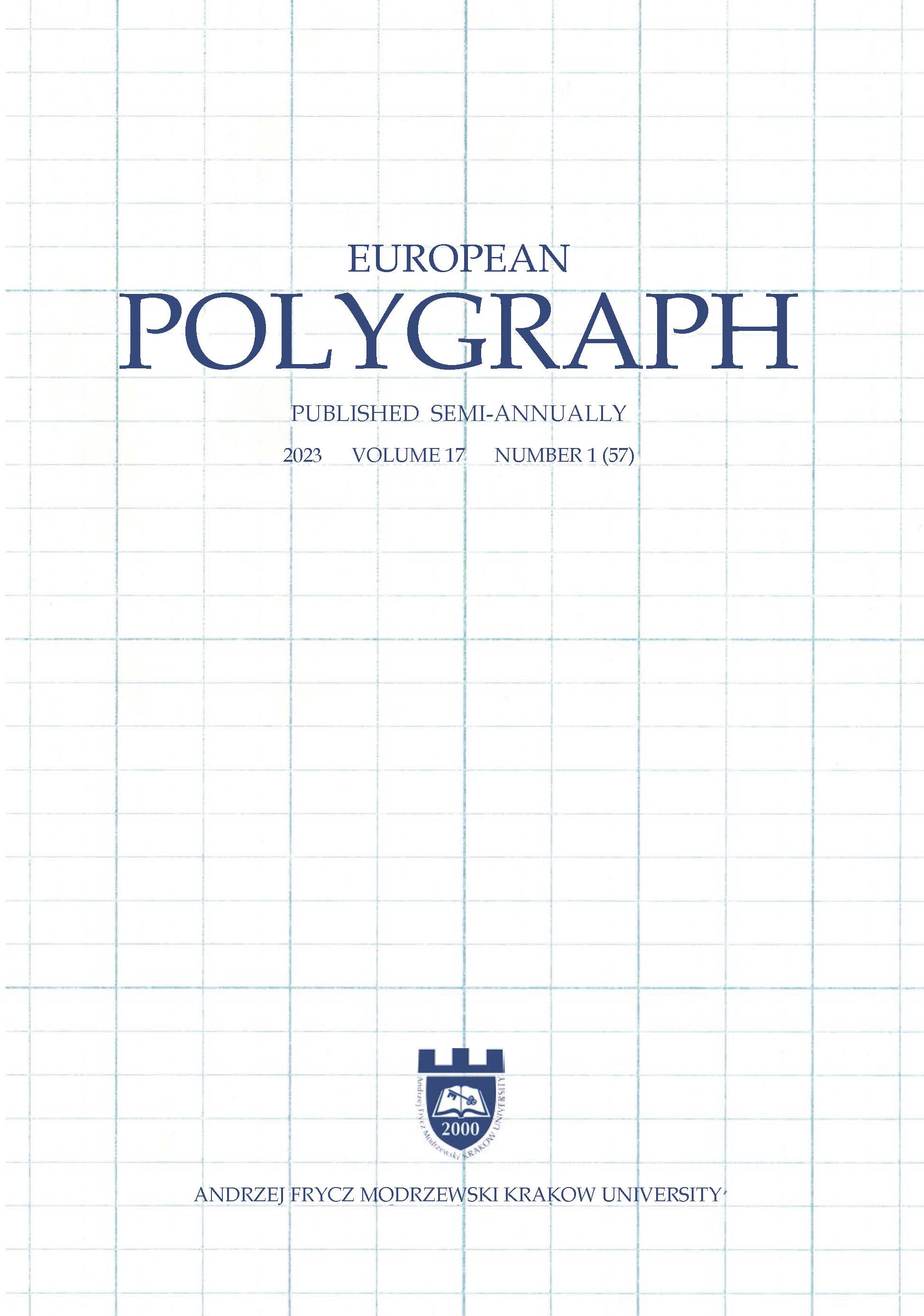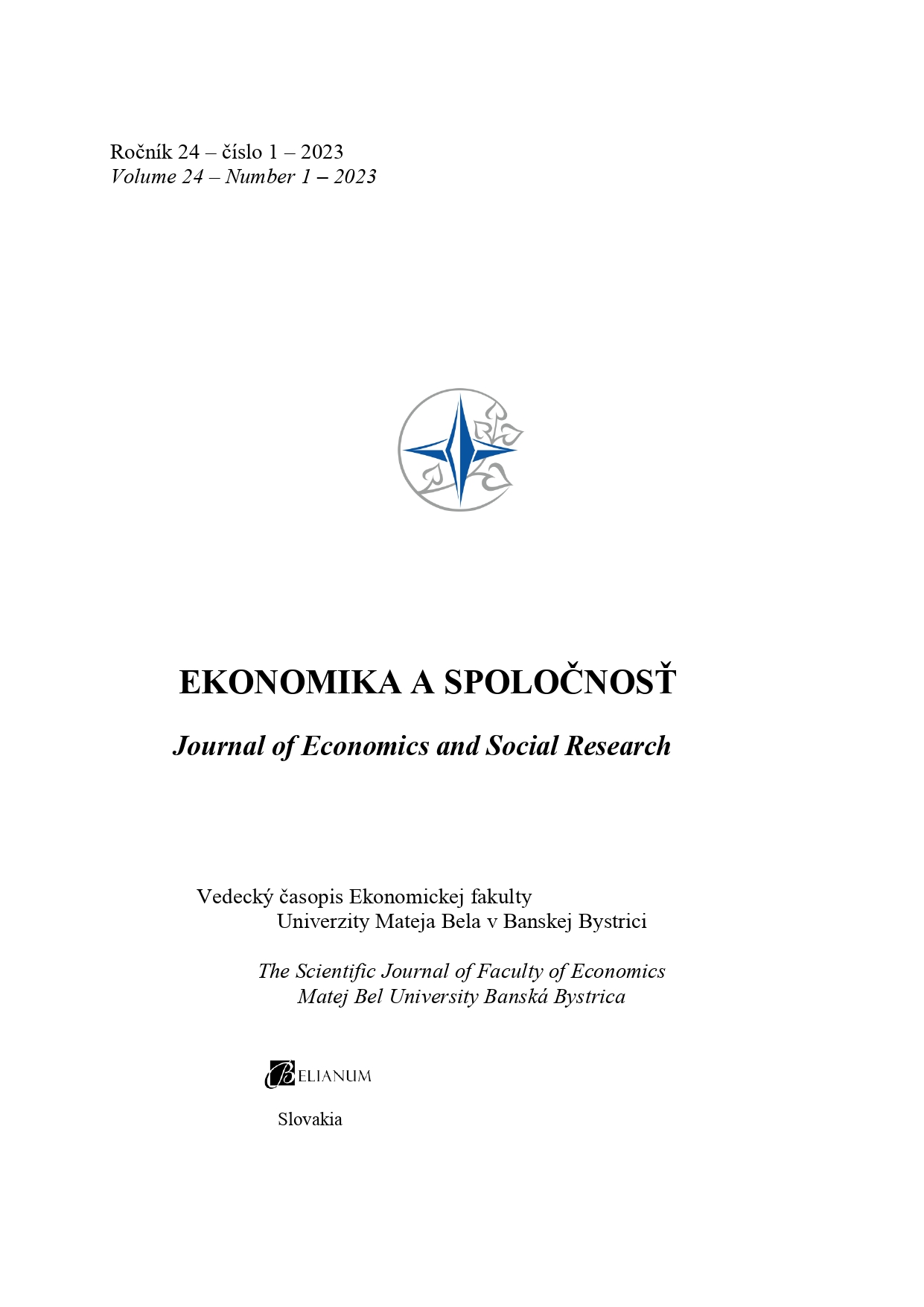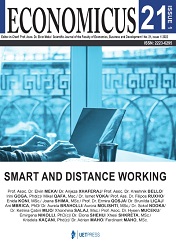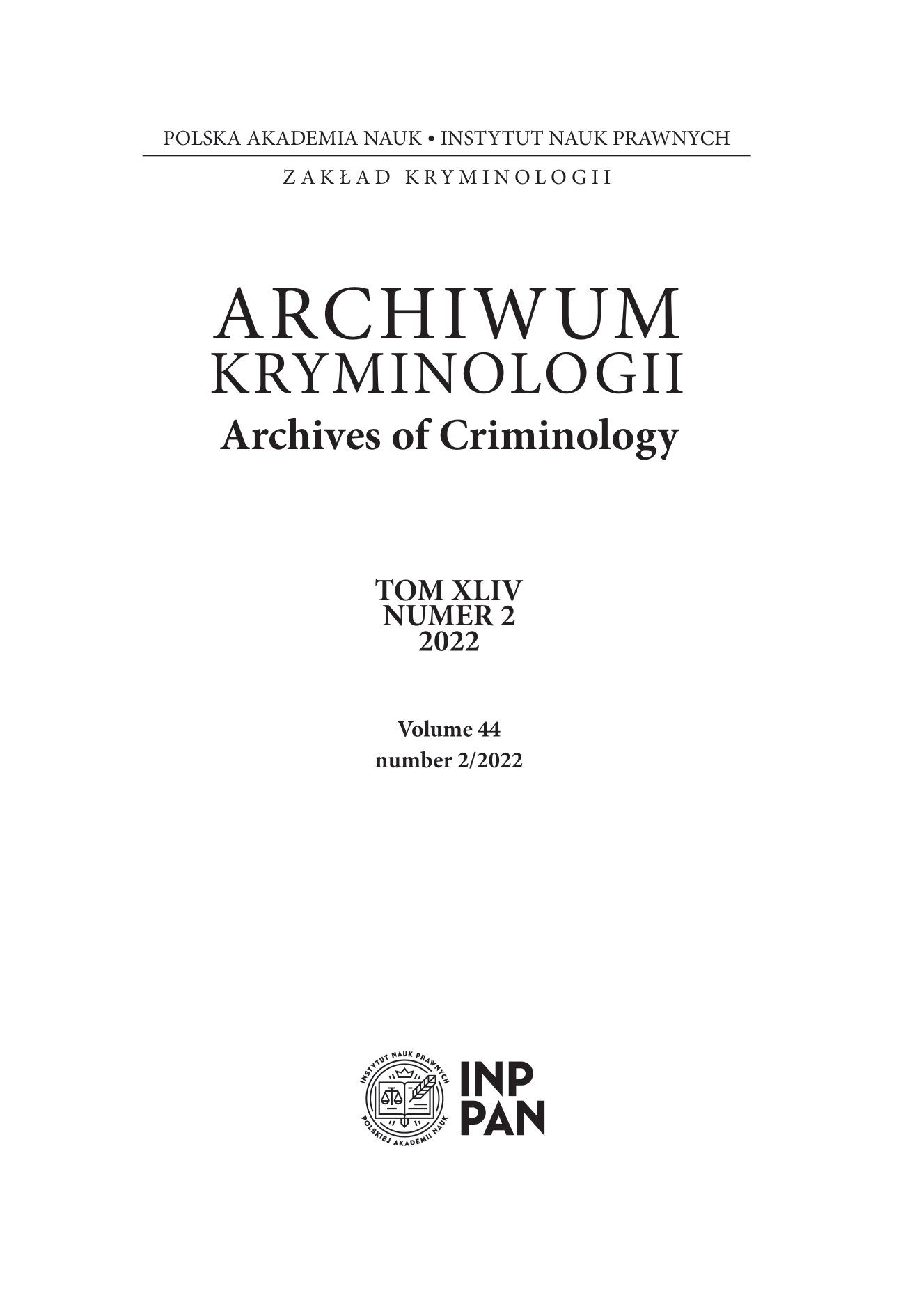
Investigating Feminicide in Mexico. The Conversation Management Approach proposal
Investigating Feminicide in Mexico. The Conversation Management Approach proposal
Keywords: Investigative Interviewing; Conversation Management; P.E.A.C.E; Feminicide
In Latin America, the investigative interview is still in its beginnings. Currently, most public and private investigators use interview and interrogation techniques aimed at obtaining admission or confession, instead of applying Investigative Interview techniques focused on information gathering. This document provides an overview of the Conversation Management Approach. This is an investigative interview technique used to interview uncooperative criminal suspects, such as those accused of feminicide. An example of how to apply the technique in a case of feminicide is shown, to serve as a guide to good practices. This technique consists of three phases that must be considered when administering and applying the interview. In the first, the behavior before the interview is reviewed, in which the planning and preparation of the interview was carried out. The second phase is the interview to elicit information, which consists of a variety of questioning style techniques, explanation of procedures and instructions to follow, rapport building, and clarifi cation of information. The third phase is called the post-interview phase, which consists of closing and evaluating the entire interview process. The objective of this work is to provide Latin American interviewers with information on the best practices in investigative interviews used in other countries, to raise their aware of the need for training in this area. The correct application of investigative interview techniques is essential to investigate crime, and training of interviewers in this type of technique is necessary to improve the results obtained through interviews.
More...



